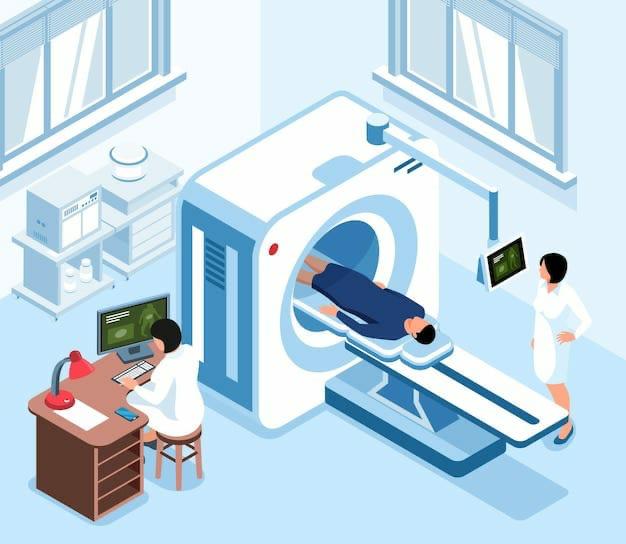
A B.Sc. in Medical Imaging Technology is a specialized and crucial program within the field of healthcare. Imaging technologists, also known as radiologic technologists or radiographers, are responsible for performing various diagnostic imaging procedures to help diagnose and treat medical conditions. Here's an in-depth look at the scope of a B.Sc. in Medical Imaging Technology:
- Essential Role in Healthcare Medical Imaging technologists are at the forefront of diagnostic medicine. They perform X-rays, CT scans, MRIs, and other imaging procedures that enable physicians to accurately diagnose and treat a wide range of medical conditions.
- Diverse Work Settings Graduates have diverse employment opportunities in hospitals, clinics, imaging centers, and even mobile imaging units. They may specialize in areas like general radiography, computed tomography (CT), magnetic resonance imaging (MRI), or mammography.
- Strong Job Market The demand for Medical imaging technologists continues to grow, driven by factors such as an aging population, increased healthcare access, and advances in medical imaging technology. This trend ensures job security and abundant career prospects.
- Patient-Centered Care Medical Imaging technologists work closely with patients to ensure their comfort and safety during procedures, providing critical emotional support and maintaining the highest standards of patient care.
- Competitive Salaries The profession typically offers competitive salaries, and experienced technologists often have opportunities for salary growth and specialization in areas like interventional radiography or cardiovascular imaging.
- Technological Advancements As medical imaging technology evolves, imaging technologists must stay updated with the latest equipment and techniques, making it a dynamic and evolving field.
- Interdisciplinary Collaboration They collaborate closely with radiologists, physicians, nurses, and other healthcare professionals to provide accurate and timely diagnostic information, contributing significantly to patient outcomes
- Continuing Education Many imaging technologists pursue continuing education and advanced certifications to remain current with advances in the field, which can lead to career advancement opportunities and specialization.
- Research and Education Some professionals in this field choose to enter research or education roles, contributing to advancements in medical imaging technology and training the next generation of Medical imaging technologists.

 9606080651/653/654
9606080651/653/654